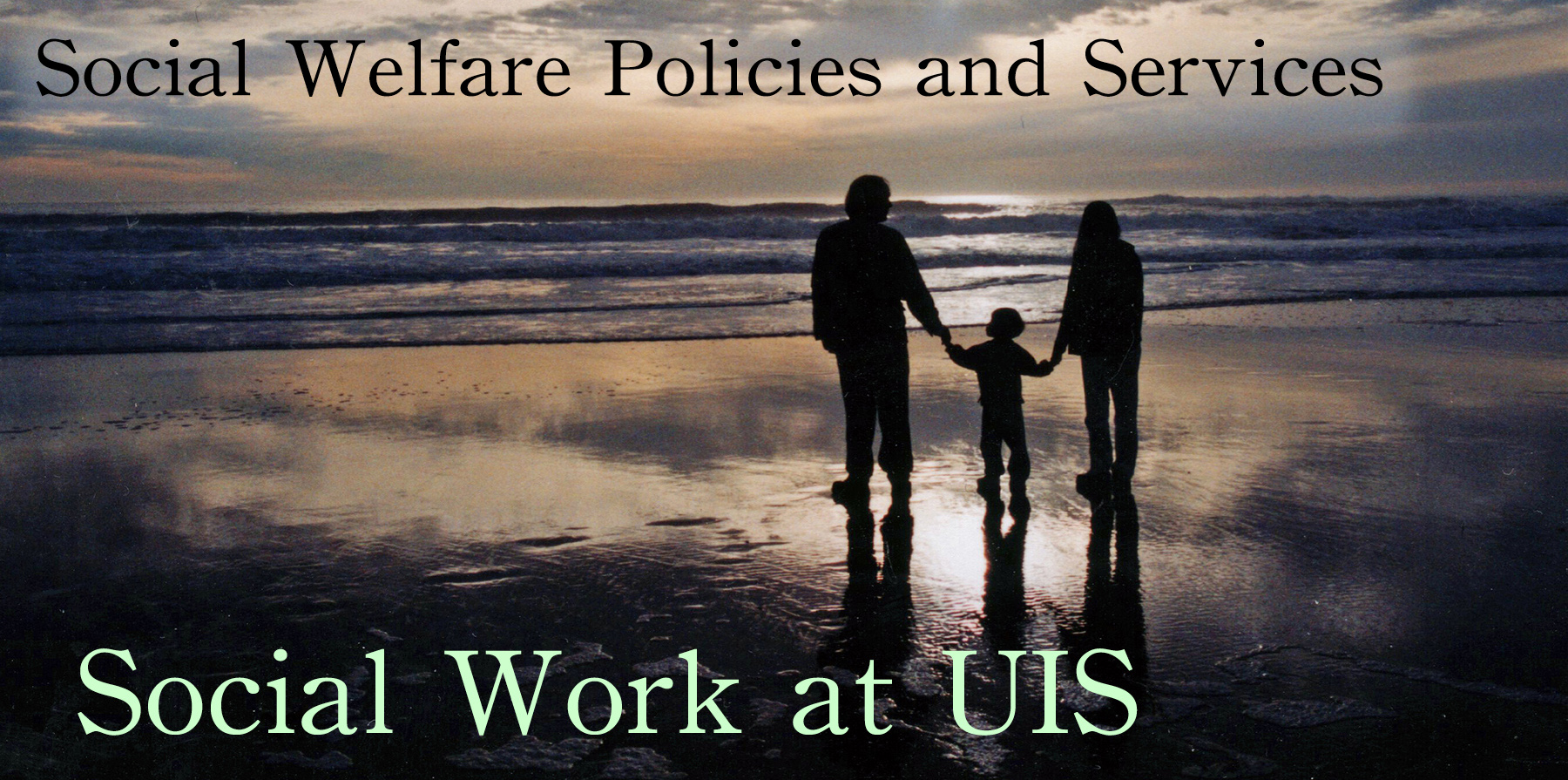3h Discussion board participation
4h Prepare for mock hearing
2h Prepare for final exam and complete exams or take final exam
2h Write self-evaluation and finish any other papers you have not yet submitted

Class session lasts from April 28 at 6:00 p.m. to May 5 at 5:59pm, and this and all other discussion boards will be graded by May 11th or 12th.
This page describes what you should do in this fifteenth session.
Objectives of this session
Time Budget for 11 hours
3h Discussion board participation
4h Prepare for mock hearing
2h Prepare for final exam and complete exams or take final exam
2h Write self-evaluation and finish any other papers you have not yet submitted
There is no class meeting at the start of this session.
No readings are assigned, but you should have found materials about your mock hearing topic.
There is nothing assigned for you to watch this week.
You can click on it to see a larger version. Are African-American poverty rates catching up to the poverty rates of other Americans? During what periods have African-Americans seen the steepest and most sustained declines in poverty? In the 20th century America frequently had growth rates over 4.0% in the real GDP, and when growth was not that high, we often had at least growth of 3.0% or higher. Aside from 2004 and 2005, growth rates in the GDP have not exceeded 3% since 2000. Why do you think this was?
Discussion Question 1:
Discussion Question 15-1: Check in. Tell us how you are doing and what is going on in your life? Let us know how you are. Explain to us which visual artists (painters, sculptors, weavers, fashion designers, potters, craftspersons, etc.) are among your favorite.
Discussion Question 2:
Discussion Question 15-2: In this session your only tasks are to prepare for the final exam or take it, and prepare for the mock hearing. Share with us some of the experiences you are having and some of the things you are learning as you face the final exam and the mock hearing.
Discussion Question 3:
Discussion Question 15-3: (ideology and persuasion)
One of the most important skills in advocacy for better policies and services is the skill of making persuasive arguments or changing the opinions of others (which is rarely done through argument). Make a list of the top three things to keep in mind when you are trying to persuade people to support (or diminish their opposition) to something. Share your top three rules of rhetoric and persuasion here with the class.
Discussion Question 4:
Discussion Question 15-4: (economics)
Way back in the beginning of this class we spent a couple weeks studying economics and a couple weeks studying poverty. Now that a couple months have passed since those
first sessions, as you look back at the issues of poverty and the things you learned about economics, explain what you remember from those early classes, and summarize in your own words why it is important to have an understanding of some aspects of economics. You may even want to argue that economics in general deserves more attention from social workers, but it would suffice if you just have one thing you remember that you want to highlight and share with us.
Discussion Question 5:
Discussion Question 15-5: (evaluating services and policies)
When we decide whether a policy or a service seems good to us, we usually consider several criteria. Is it effective? Does it do what it is supposed to do? Is it efficient? Could the same results be achieved with less effort and fewer resources? Does it give advantages to some and does it harm others? Who pays and who benefits? Does the service or policy respect human rights? Do the persons who are served by the policy or service have opinions about it, and what are their thoughts? What values are being expressed by this policy? Who opposes the policy, and why are they opposed to it? Are there any suggestions for achieving the same goals as this policy or service
with a different approach? Are there policies in other states, cities, or nations that attempt to achieve the same ends, and how are those policies or services inferior and superior to the policy or service we are examining? Are we making more errors of giving the policy or service benefit to persons who do not need it, or are we making the error of leaving too many persons who need the policy or service without the benefit of it, and have we thought about which of those errors is more important to us?
Pick some policy or service, and as you think about it or learn about, take note of which sort of questions you ask, and which sorts of perspectives seem most important to you. Share with us your natural approach to deciding whether a policy or service is worthy of your support? What are the first questions you ask, and what issues are most important to you?
Discussion Question 6:
Discussion Question 15-6: (human rights)
Based on what you learned from “A Human Rights Approach to Social Justice” and some of the readings and exercises we have had in sessions 13 and 14, how would you summarize or describe the meaning of the idea that “human rights informs social work practice” and how do you think you will frame issues through a human rights perspective?
Discussion Question 7:
Discussion Question 15-7 (the best argument against you):
In your opinion, what is the best possible argument against the policy you will present or have presented in the mock hearing? That is, if the policy or service you are trying to convince us to follow has opponents, what is the best argument put forth by those opponents to reject your position?
Activities
Here is what I expect you to do this week